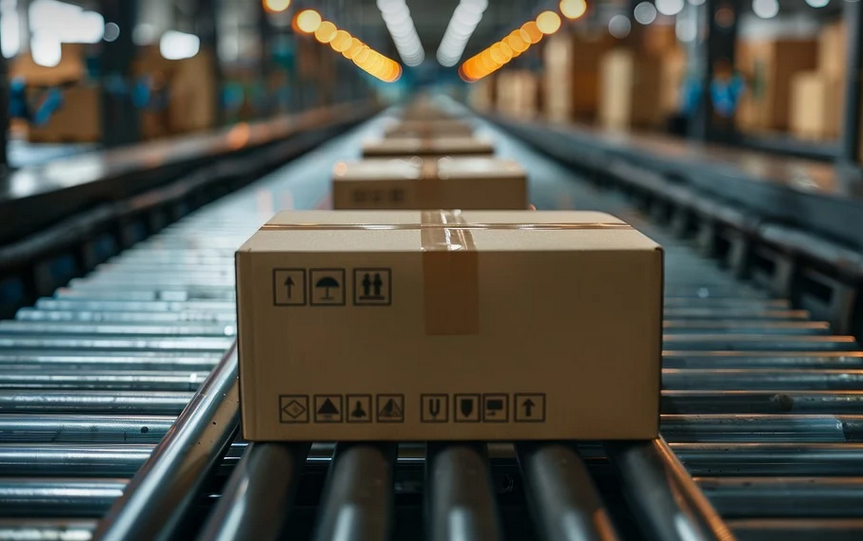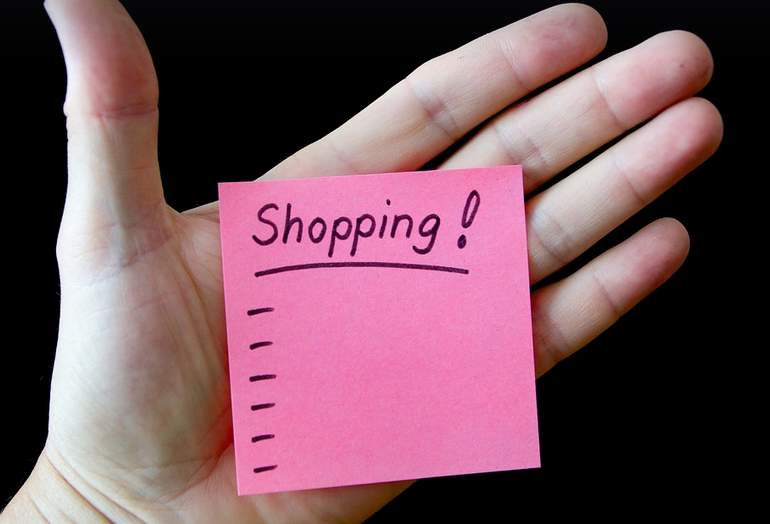How Much Do You Need To Start A Cleaning Business?

Thinking of turning your cleaning skills into a full-time gig? Fantastic choice!
Starting your own cleaning business in 2024 is easier than you might think, and can be incredibly rewarding. You’ll enjoy the freedom of setting your own hours and maybe even make some serious money doing something you love – helping people keep their homes sparkling clean. But like any new entrepreneurial venture, it requires careful planning to ensure your business thrives.
Before diving headfirst into launching your cleaning business, let’s break down the financial aspects that will help you get a clear picture of what you need to invest and how to stay on budget.
1. Business Formation & Legal Essentials
Starting with legal setup is crucial. You’ll need to decide if you want to operate as a sole proprietor (simplest, but offers less protection), an LLC (provides more liability protection), or a partnership. This may sound complex, but it’s just about finding the right structure that suits your needs and level of risk tolerance.
Don’t forget to register your business name if you plan on using something other than your own. Check with your local state government and be sure to acquire any required licenses and permits to operate legally.
2. Insurance: Your Business Safety Net
Cleaning services inherently involve risk. Even if you take the utmost care, accidents can happen – things like slips and falls or injury during cleaning tasks. This is where insurance comes in.
Consider purchasing general liability insurance – this will cover property damage claims that might arise from your work. Your state may require specific types of coverage; you’ll want to make sure you have the correct one for your needs before getting started.
Depending on what type of cleaning jobs you’re taking on, a workers’ compensation insurance policy might also be crucial. This will protect employees or yourself in case of work-related injuries.
3. Business Essentials: Equipment & Supplies
Your equipment and supplies are your tools to shine! Here’s what you need to invest in:
- Cleaning supplies: These vary greatly based on the type of cleaning (e.g., residential, commercial). You’ll likely need a range of products like all-purpose cleaners, dish and hand soap, disinfectants, sponges, mops, buckets, brooms, dustpans, gloves, and trash bags.
- Cleaning equipment: Depending on the type of cleaning you’re offering (e.g., carpet cleaning, deep cleaning), you’ll need specific equipment like a vacuum cleaner, steam cleaner, mop, or even pressure washer.
Don’t forget to factor in transportation costs as well – especially if you plan on serving customers who live within a large radius of one another.
4. Marketing Your Cleaning Business: Getting the Word Out
Now, let’s talk about attracting your first customers! Marketing is the key to getting your business off the ground. Here are some approaches you might consider:
- Word-of-mouth: Encourage happy customers to spread the word through referrals. This can be a powerful and cost-effective marketing strategy.
- Online presence: Set up a professional website or social media pages for your business. You could also consider using online platforms like Facebook, Google My Business, or Yelp to showcase your services and build local connections.
5. Budgeting & Financial Management
Starting any business requires careful financial planning. It’s essential to create a realistic budget that accounts for all your startup costs:
- Startup Costs: Remember to include registration fees, insurance premiums, marketing materials, website development, and any equipment you need to purchase.
- Ongoing Expenses: Plan for monthly expenses such as rent/mortgage, utilities, office supplies, transportation costs, and ongoing marketing efforts.
Keeping meticulous financial records is key! Use accounting software or a spreadsheet to track your income and expenses. This will help you stay on top of your finances, monitor profitability, identify areas for improvement, and make informed business decisions.
6. Setting Your Cleaning Rates
Pricing your services correctly is vital for both profitability and attracting customers.
Research the going rates in your area to determine competitive pricing. Ensure you are accounting for time spent on each service, travel costs, insurance, and cleaning supplies when setting a price.
As you gain experience and build a strong reputation, you can adjust your prices accordingly, but start with an initial rate that aligns with the market.
7. Setting Yourself Up for Success: The Long Game
Starting a cleaning business is not just about getting your first customers – it’s also about building something sustainable and fulfilling.
Here are some tips to set yourself up for long-term success:
- Deliver quality service: Exceed customer expectations with thorough cleaning, attention to detail, and clear communication.
Always prioritize your clients’ needs. Listen attentively to their concerns, offer helpful solutions, and strive for client satisfaction to build a loyal base of customers who’ll recommend you to others.
8. Stay flexible and Adapt
The cleaning industry is constantly evolving. New technologies, techniques, and consumer preferences are always emerging. Staying adaptable is vital to ensure your business thrives in the long run!
Be open to exploring new ideas and trends in the cleaning industry. Consider using eco-friendly products, offering specialized cleaning services (e.g., deep cleaning for furniture), or even partnering with other businesses to expand your client base.
This is just a small glimpse into what you need to do before launching your business. It’s exciting to see you take this step and explore the possibilities of entrepreneurship in the world of cleaning services! Remember, consistent effort and dedication are key to turning your dream into reality. Good luck!


